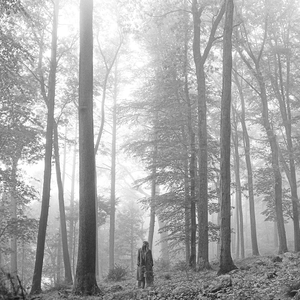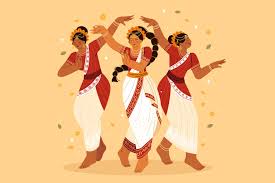Stamp: Whistle-toy (Ukraine 2010)
Whistle-toy (Ukraine 2010)
01 January (Ukraine ) within release Definitive issue goes into circulation Stamp Whistle-toy face value 5 Ukrainian kopiyka
| Stamp Whistle-toy in catalogues | |
|---|---|
| Michel: | Mi:UA 832VI |
Stamp is vertical format.
microlettering under face value - 2010Also in the issue Definitive issue:
- Stamp - Whistle-toy face value 5;
- Stamp - Whistle-toy face value 5;
- Stamp - Spinning-wheel face value 50;
- Stamp - Spinning-wheel face value 50;
- Stamp - Kumanets (Stoneware for water) face value 2;
- Stamp - Kumanets (Stoneware for water) face value 2;
- Stamp - Kumanets (Stoneware for water) face value 2;
- Stamp - Jug face value 10;
- Stamp - Jug face value 10;
- Stamp - Crock face value 1;
- Stamp - Crock face value 1;
- Stamp - Candlestick face value N;
- Stamp - Tobacco-pipe face value 30;
- Stamp - Tobacco-pipe face value 30;
- Stamp - Ornamented Tile face value 1.50;
- Stamp - Ornamented Tile face value 1.50;
Stamp Whistle-toy it reflects the thematic directions:
A toy or plaything is an object that is used primarily to provide entertainment. Simple examples include toy blocks, board games, and dolls. Toys are often designed for use by children, although many are designed specifically for adults and pets. Toys can provide utilitarian benefits, including physical exercise, cultural awareness, or academic education. Additionally, utilitarian objects, especially those which are no longer needed for their original purpose, can be used as toys. Examples include children building a fort with empty cereal boxes and tissue paper spools, or a toddler playing with a broken TV remote control. The term "toy" can also be used to refer to utilitarian objects purchased for enjoyment rather than need, or for expensive necessities for which a large fraction of the cost represents its ability to provide enjoyment to the owner, such as luxury cars, high-end motorcycles, gaming computers, and flagship smartphones.
Folklore is the body of expressive culture shared by a particular group of people; it encompasses the traditions common to that culture, subculture or group. These include oral traditions such as tales, proverbs and jokes. They include material culture, ranging from traditional building styles to handmade toys common to the group. Folklore also includes customary lore, the forms and rituals of celebrations such as Christmas and weddings, folk dances and initiation rites. Each one of these, either singly or in combination, is considered a folklore artifact. Just as essential as the form, folklore also encompasses the transmission of these artifacts from one region to another or from one generation to the next. For folklore is not taught in a formal school curriculum or studied in the fine arts. Instead these traditions are passed along informally from one individual to another either through verbal instruction or demonstration. The academic study of folklore is called folkloristics.
A tradition is a system of beliefs or behaviors (folk custom) passed down within a group of people or society with symbolic meaning or special significance with origins in the past. A component of cultural expressions and folklore, common examples include holidays or impractical but socially meaningful clothes (like lawyers' wigs or military officers' spurs), but the idea has also been applied to social norms and behaviors such as greetings, etc. Traditions can persist and evolve for thousands of years— the word tradition itself derives from the Latin word tradere literally meaning to transmit, to hand over, to give for safekeeping. While it is reportedly assumed that traditions have an ancient history, many traditions have been invented on purpose, whether it be political or cultural, over short periods of time. Various academic disciplines also use the word in a variety of ways.



